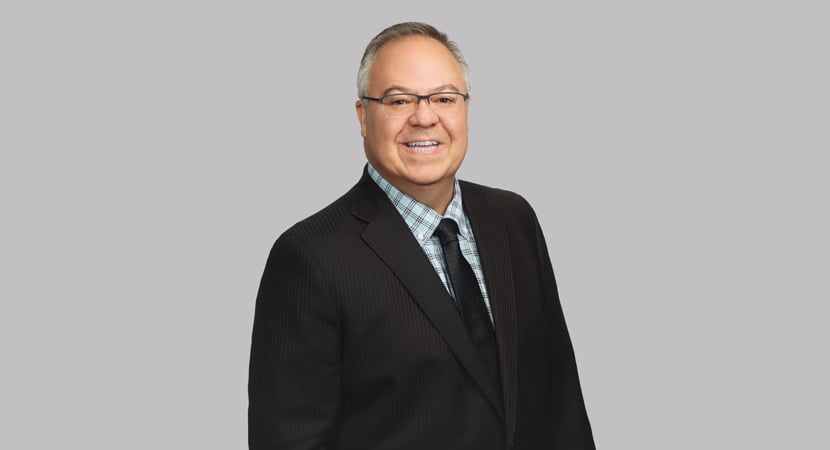
Derek Crownover, co-office administrative partner of Loeb’s Nashville office and vice chair of the Music Industry practice, shares how he discovered the firm and reflects on Loeb’s footprint in the Nashville market. He also provides insight into how the firm is evolving with the Nashville market’s rapid growth.
What initially drew you to Loeb & Loeb, and how did you come to join the Nashville office?
I joined the firm through direct recruitment by John Frankenheimer, but I had also known Bob Sullivan, who was a partner at the firm for over a decade. He was a friend who had a positive experience at Loeb before he passed away 20 years ago. He was also great friends with Ken Kraus, whom I have become friends with as well, so I had quite a few local touchpoints with the firm over the years.
Loeb has always been recognized for excellence in entertainment, music, sports, film and corporate work. I was drawn to the vision of Loeb’s entertainment practice and how it could evolve within the new creator economy and digital landscape. I also started out as a sports agent and have seen how sports figures are becoming influencers more and more, and the crossover of sports figure to influencer is intriguing.
How has Nashville’s music landscape evolved over the years, and what trends are you currently seeing?
The music landscape has changed immensely. One significant trend is that artists are no longer bound by the traditional blueprint of deals, marketing or releases by the major labels. They can now create collaboration agreements, which enable them to co-own their masters and gain leverage alongside producers as well pick out their own go-to-market strategies. This shift has reduced the costs of releasing new music, allowing artists to distribute their work and reach audiences more quickly. An artist can create music, upload it to a platform and launch their work in a very short time period. But they still need talent, great songs and authentic messaging to break through the mass proliferation of noisome new artists.
Nashville has also evolved beyond the country image many associate it with, becoming more vibrant and inclusive of the urban, hip-hop and rap genres. I think we will see that part of the Nashville music scene really blossom in the next few years. Shaboozy is a great example of a more-inclusive view of Nashville music.
As the Nashville market continues to change, how have you seen the office adapt and grow?
As a group, we collaborate more naturally on our work than ever before, which is one of the benefits of being in a smaller office. Instead of working in silos, we come together to enhance our collective efforts, resulting in a higher quality work product for the client. The lawyers learn faster too.
Looking ahead, we aim to explore opportunities at the intersection of entertainment, music and technology, particularly in corporate work, in mergers and acquisitions, and with tax-exempt organizations. With the evolving market and advancements in technology, we are committed to establishing ourselves as leaders in this “new world.” This involves empowering our lawyers to understand and engage with these changes.
How does the firm support clients in navigating these evolving trends and staying ahead in the music industry?
We think futuristically and strive to stay ahead of emerging trends. We explore questions like how to attribute copyright elements in an AI model. For example, if an artist’s song is used in a large language model to create a new piece that involves our client, the Estate of Otis Redding, and its song “Sittin’ on the Dock of the Bay,” should that new work credit 50% of the new song to the estate even it is only used in 10% of the overall new work? If the whistle is used and similar rhythms and melodies are in the new work, is it worth even more because that song is so recognized and will drive the new song’s recognition and popularity? We are working to envision what the future holds in situations such as this.
This is achieved by collaborating with clients on an entrepreneurial level. We ask, “What problems are you facing?” Our goal is to provide real, tangible solutions rather than theoretical ones. Ultimately, we want to partner with clients to foster their business growth.
The sky’s the limit in Nashville. The city is growing rapidly and even the skyline has changed tremendously. Having a Loeb presence in Nashville allows us to immerse ourselves and be at the forefront of this growth. I am excited about what lies ahead for both the firm and Nashville as a whole.
-
 Co-Office Administrative Partner, Nashville; Vice Chair, Music Industry
Co-Office Administrative Partner, Nashville; Vice Chair, Music Industry
)